Hope for the Storks
입력 2017.01.19 (14:15)
수정 2017.01.19 (14:23)
읽어주기 기능은 크롬기반의
브라우저에서만 사용하실 수 있습니다.
[Anchor Lead]
A Korean scholar has devoted his academic life to the restoration of the nation's natural monument birds, the storks, for over 20 years. Upon his retirement, the professor says that his last wish is to see great numbers of storks fly across Korean skies, as they once did in the past.
[Pkg]
The stork... which went extinct in Korea but is designated a natural heritage monument... soars into the sky. The achievement comes 20 years after a stork restoration project was launched. Korea National University of Education Professor Park Si-ryong and his research team launched the project in 1996. At first, they began with a pair of young storks imported from Russia.
[Soundbite] Prof. Park Si-ryong(Korea National University of Education) : "It is very difficult to obtain storks. In other countries, it is forbidden to take the birds out overseas since they are an internationally endangered animal."
With their persistent efforts, the researchers succeeded in artificially reproducing the storks in 2004 for the fourth time in the world. The number of storks has increased to 160. Professor Park is called the father of the storks for his passion for restoring the bird despite difficulties.
[Soundbite] Dr. Yoon Jong-min(Korea National University of Education) : "I thought he was mad for storks. He is 200 percent committed."
Upon his retirement, the professor says that he wants to continue to work for the restoration of storks.
[Soundbite] Prof. Park Si-ryong(Korea National University of Education) : "My job is to continuously work for the restoration of storks outside the school."
His last wish is to create a natural environment in South Korea where more storks can live.
A Korean scholar has devoted his academic life to the restoration of the nation's natural monument birds, the storks, for over 20 years. Upon his retirement, the professor says that his last wish is to see great numbers of storks fly across Korean skies, as they once did in the past.
[Pkg]
The stork... which went extinct in Korea but is designated a natural heritage monument... soars into the sky. The achievement comes 20 years after a stork restoration project was launched. Korea National University of Education Professor Park Si-ryong and his research team launched the project in 1996. At first, they began with a pair of young storks imported from Russia.
[Soundbite] Prof. Park Si-ryong(Korea National University of Education) : "It is very difficult to obtain storks. In other countries, it is forbidden to take the birds out overseas since they are an internationally endangered animal."
With their persistent efforts, the researchers succeeded in artificially reproducing the storks in 2004 for the fourth time in the world. The number of storks has increased to 160. Professor Park is called the father of the storks for his passion for restoring the bird despite difficulties.
[Soundbite] Dr. Yoon Jong-min(Korea National University of Education) : "I thought he was mad for storks. He is 200 percent committed."
Upon his retirement, the professor says that he wants to continue to work for the restoration of storks.
[Soundbite] Prof. Park Si-ryong(Korea National University of Education) : "My job is to continuously work for the restoration of storks outside the school."
His last wish is to create a natural environment in South Korea where more storks can live.
■ 제보하기
▷ 카카오톡 : 'KBS제보' 검색, 채널 추가
▷ 전화 : 02-781-1234, 4444
▷ 이메일 : kbs1234@kbs.co.kr
▷ 유튜브, 네이버, 카카오에서도 KBS뉴스를 구독해주세요!
- Hope for the Storks
-
- 입력 2017-01-19 14:04:19
- 수정2017-01-19 14:23:43
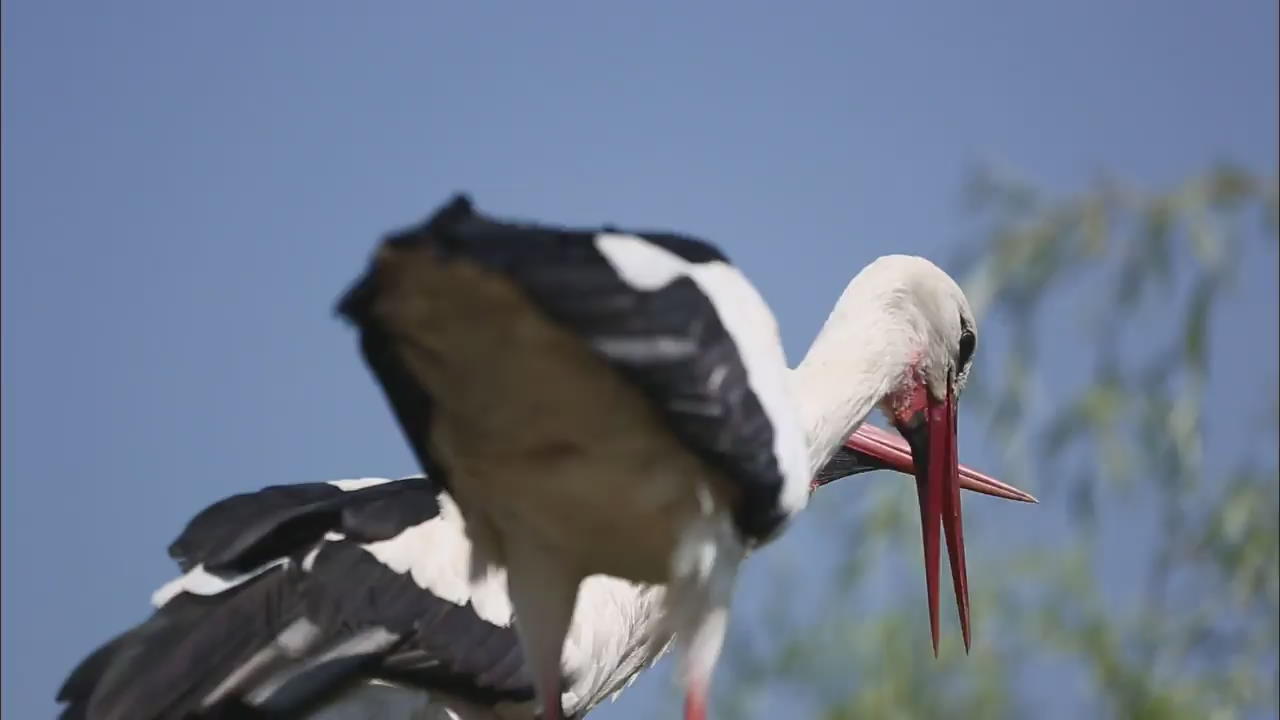
[Anchor Lead]
A Korean scholar has devoted his academic life to the restoration of the nation's natural monument birds, the storks, for over 20 years. Upon his retirement, the professor says that his last wish is to see great numbers of storks fly across Korean skies, as they once did in the past.
[Pkg]
The stork... which went extinct in Korea but is designated a natural heritage monument... soars into the sky. The achievement comes 20 years after a stork restoration project was launched. Korea National University of Education Professor Park Si-ryong and his research team launched the project in 1996. At first, they began with a pair of young storks imported from Russia.
[Soundbite] Prof. Park Si-ryong(Korea National University of Education) : "It is very difficult to obtain storks. In other countries, it is forbidden to take the birds out overseas since they are an internationally endangered animal."
With their persistent efforts, the researchers succeeded in artificially reproducing the storks in 2004 for the fourth time in the world. The number of storks has increased to 160. Professor Park is called the father of the storks for his passion for restoring the bird despite difficulties.
[Soundbite] Dr. Yoon Jong-min(Korea National University of Education) : "I thought he was mad for storks. He is 200 percent committed."
Upon his retirement, the professor says that he wants to continue to work for the restoration of storks.
[Soundbite] Prof. Park Si-ryong(Korea National University of Education) : "My job is to continuously work for the restoration of storks outside the school."
His last wish is to create a natural environment in South Korea where more storks can live.
A Korean scholar has devoted his academic life to the restoration of the nation's natural monument birds, the storks, for over 20 years. Upon his retirement, the professor says that his last wish is to see great numbers of storks fly across Korean skies, as they once did in the past.
[Pkg]
The stork... which went extinct in Korea but is designated a natural heritage monument... soars into the sky. The achievement comes 20 years after a stork restoration project was launched. Korea National University of Education Professor Park Si-ryong and his research team launched the project in 1996. At first, they began with a pair of young storks imported from Russia.
[Soundbite] Prof. Park Si-ryong(Korea National University of Education) : "It is very difficult to obtain storks. In other countries, it is forbidden to take the birds out overseas since they are an internationally endangered animal."
With their persistent efforts, the researchers succeeded in artificially reproducing the storks in 2004 for the fourth time in the world. The number of storks has increased to 160. Professor Park is called the father of the storks for his passion for restoring the bird despite difficulties.
[Soundbite] Dr. Yoon Jong-min(Korea National University of Education) : "I thought he was mad for storks. He is 200 percent committed."
Upon his retirement, the professor says that he wants to continue to work for the restoration of storks.
[Soundbite] Prof. Park Si-ryong(Korea National University of Education) : "My job is to continuously work for the restoration of storks outside the school."
His last wish is to create a natural environment in South Korea where more storks can live.
이 기사가 좋으셨다면
-
좋아요
0
-
응원해요
0
-
후속 원해요
0











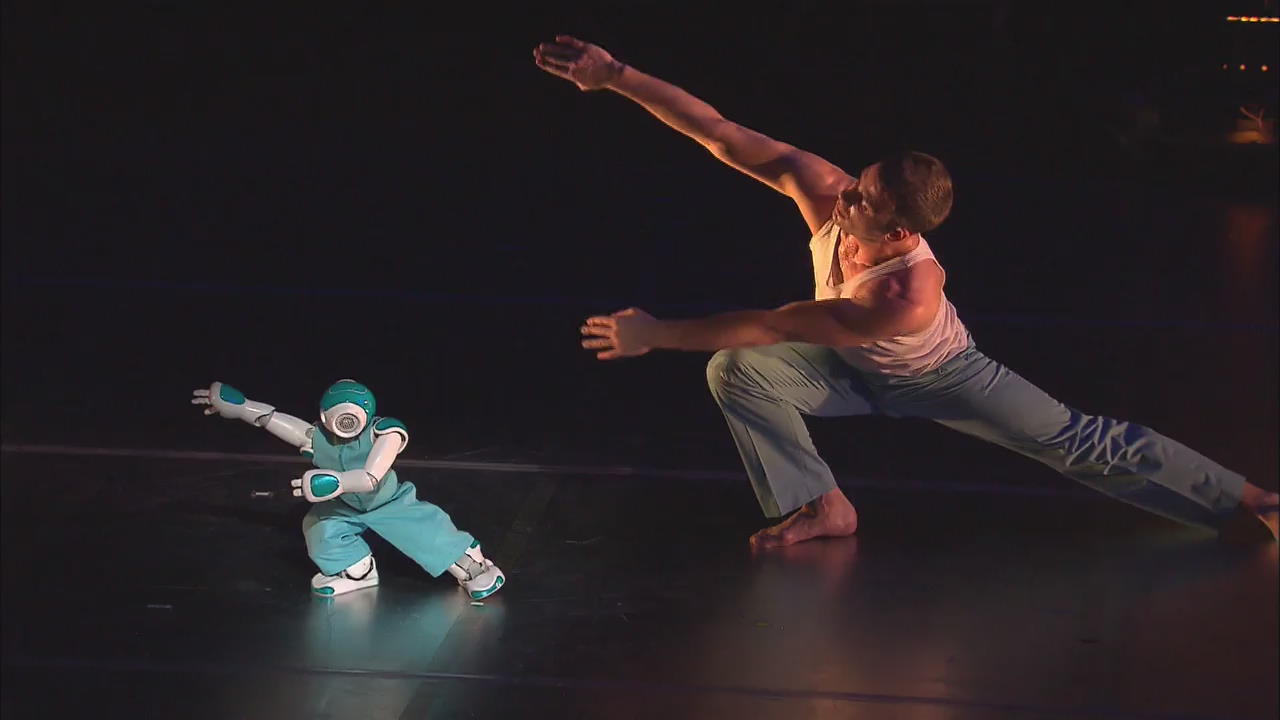
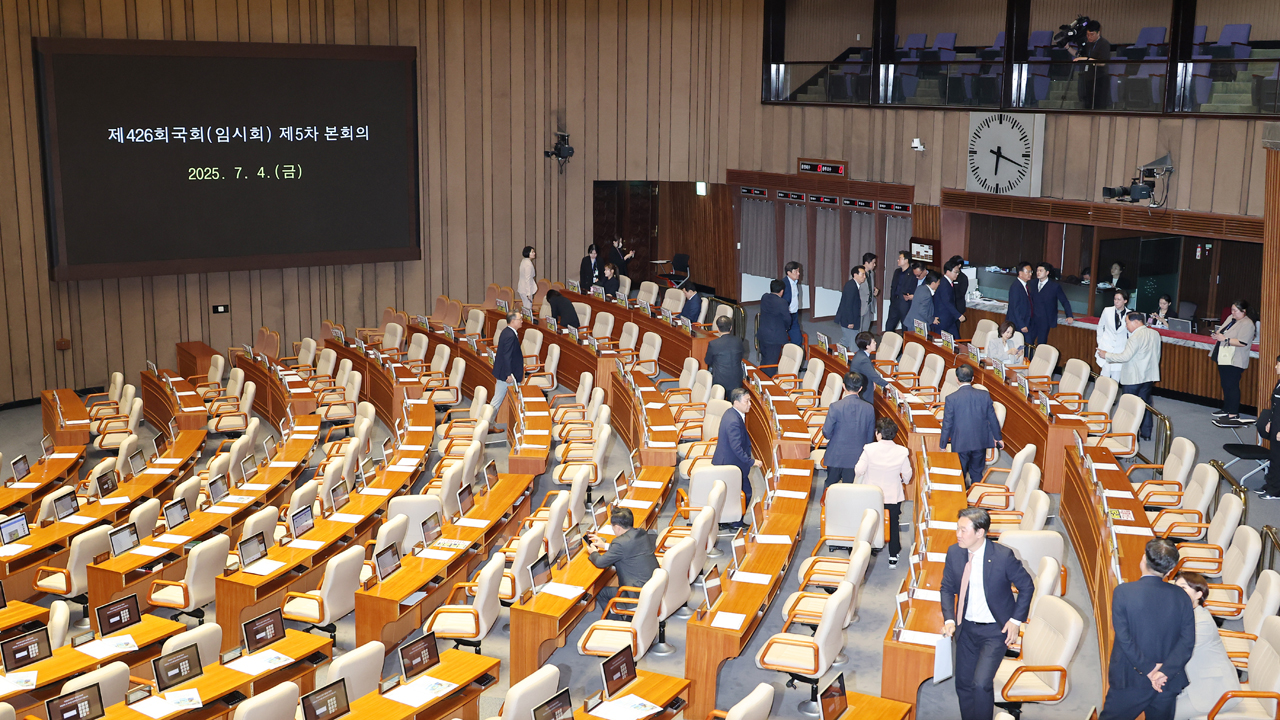
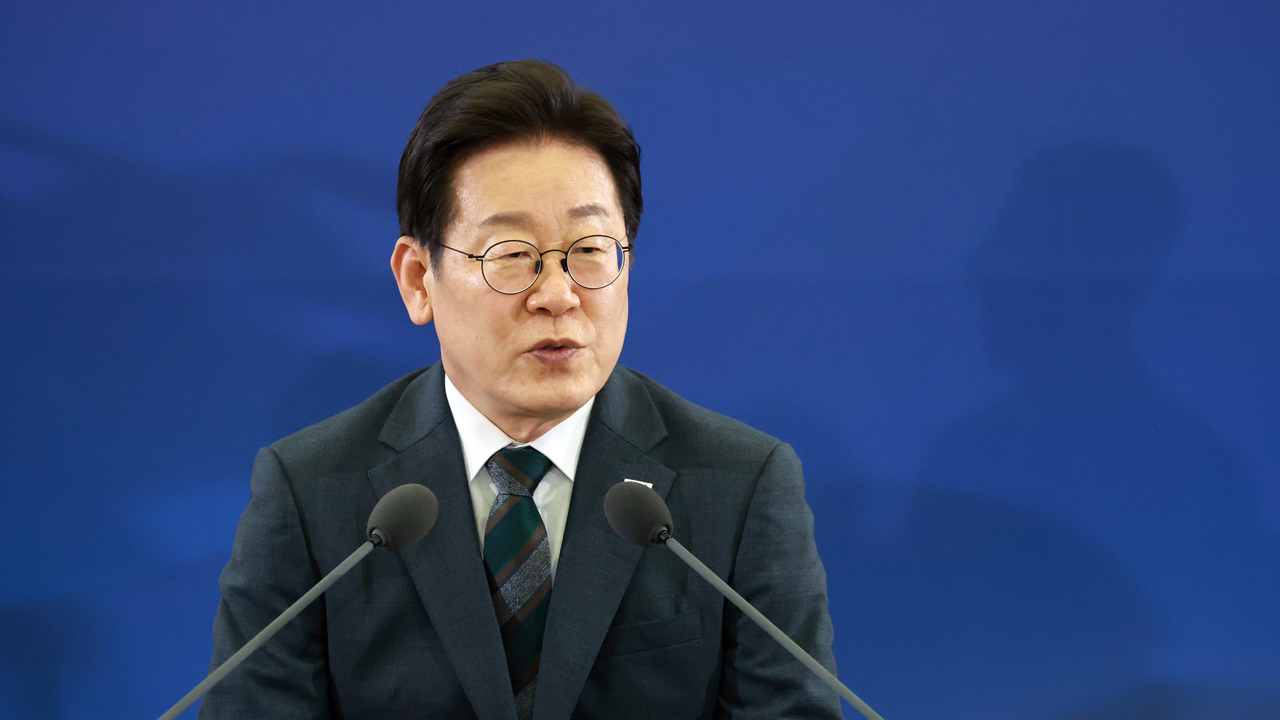
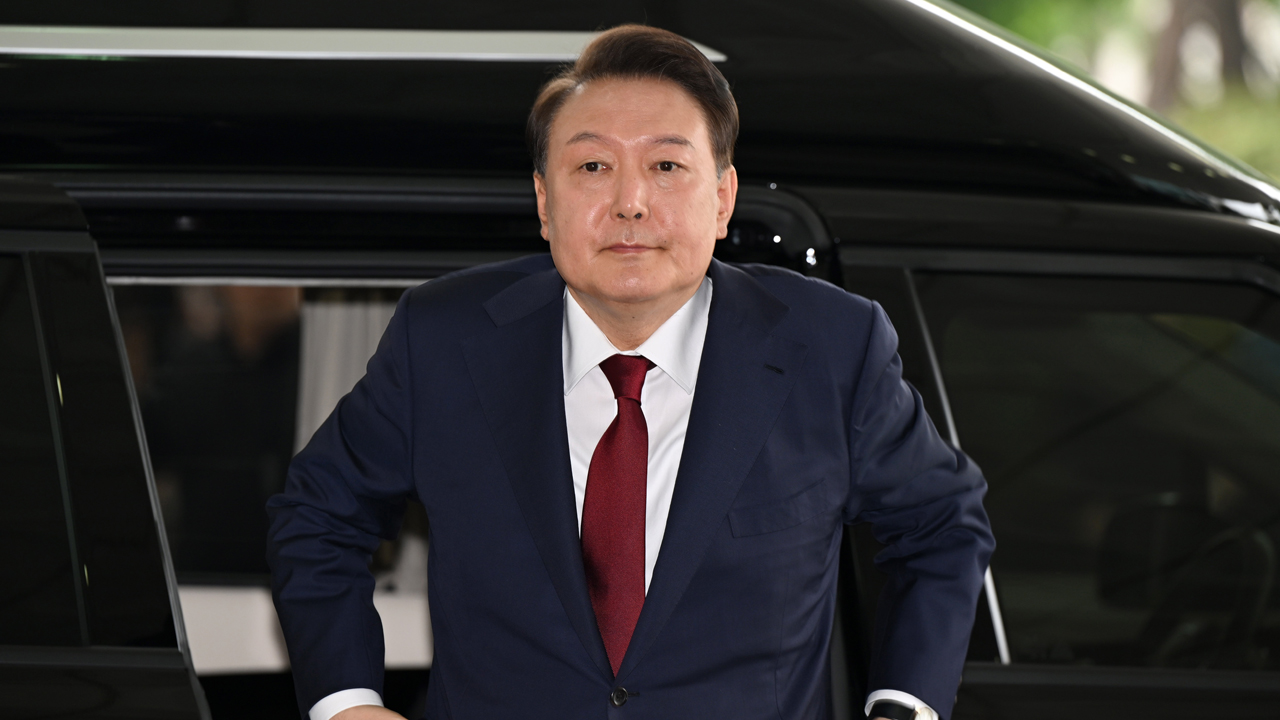
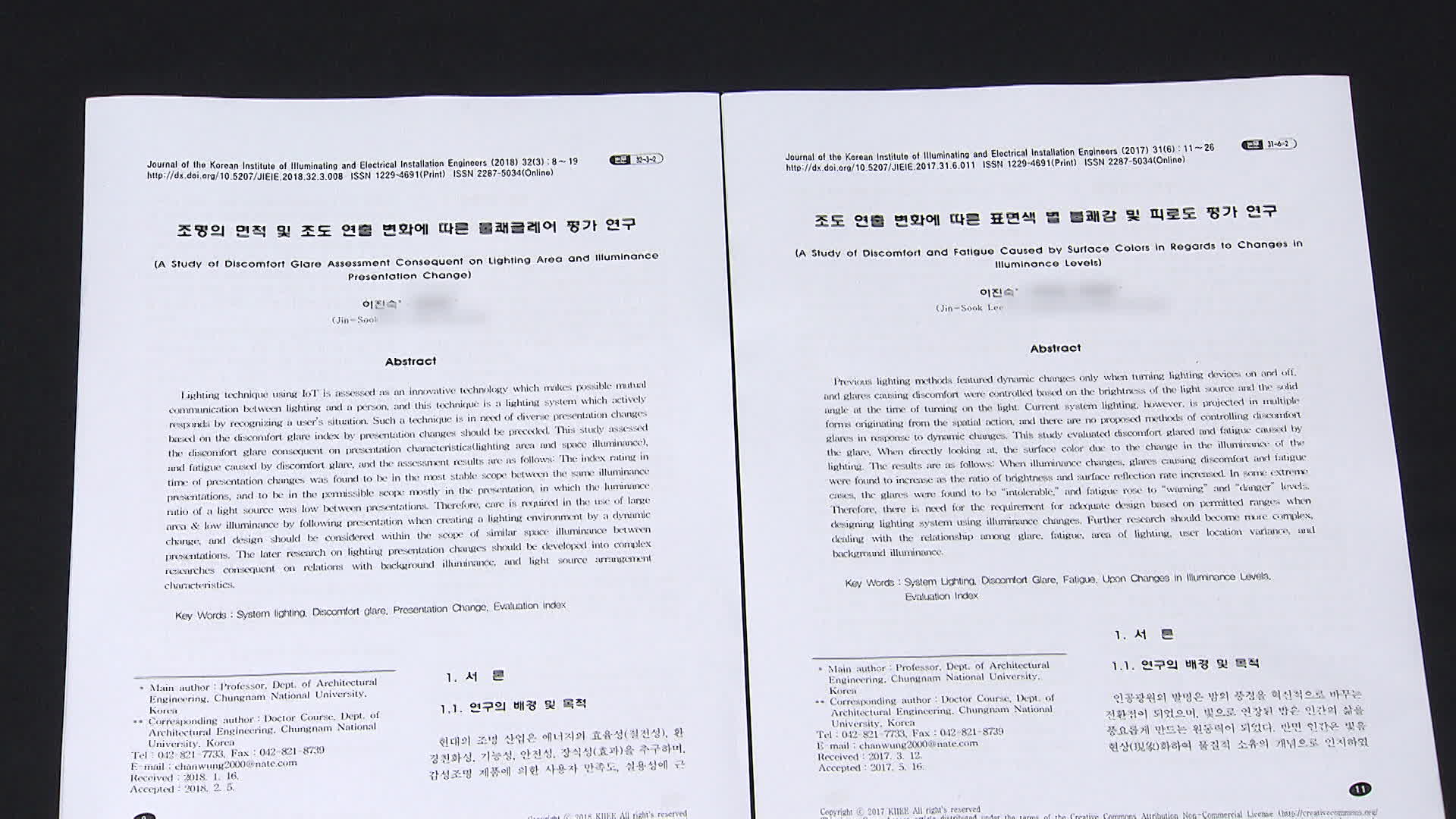

이 기사에 대한 의견을 남겨주세요.